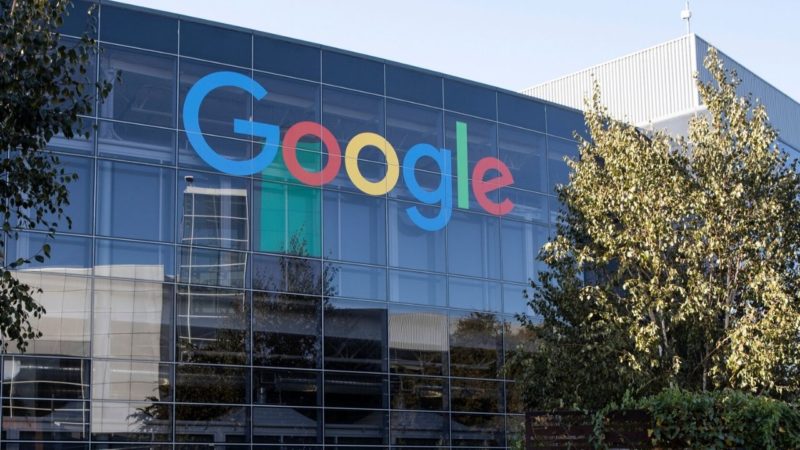Google’s dominance in ad tech supply chain harms businesses and consumers, finds ACCC inquiry
An Australian Competition and Consumer Commission (ACCC) inquiry into the advertising technology (ad tech) sector has identified significant competition concerns and likely harms to publishers, advertisers and, ultimately, consumers.
The report, published today, concludes that enforcement action under Australia’s existing competition laws alone is not sufficient to address the competition issues in the sector, and that the ACCC should be given powers to develop specific rules in response.


